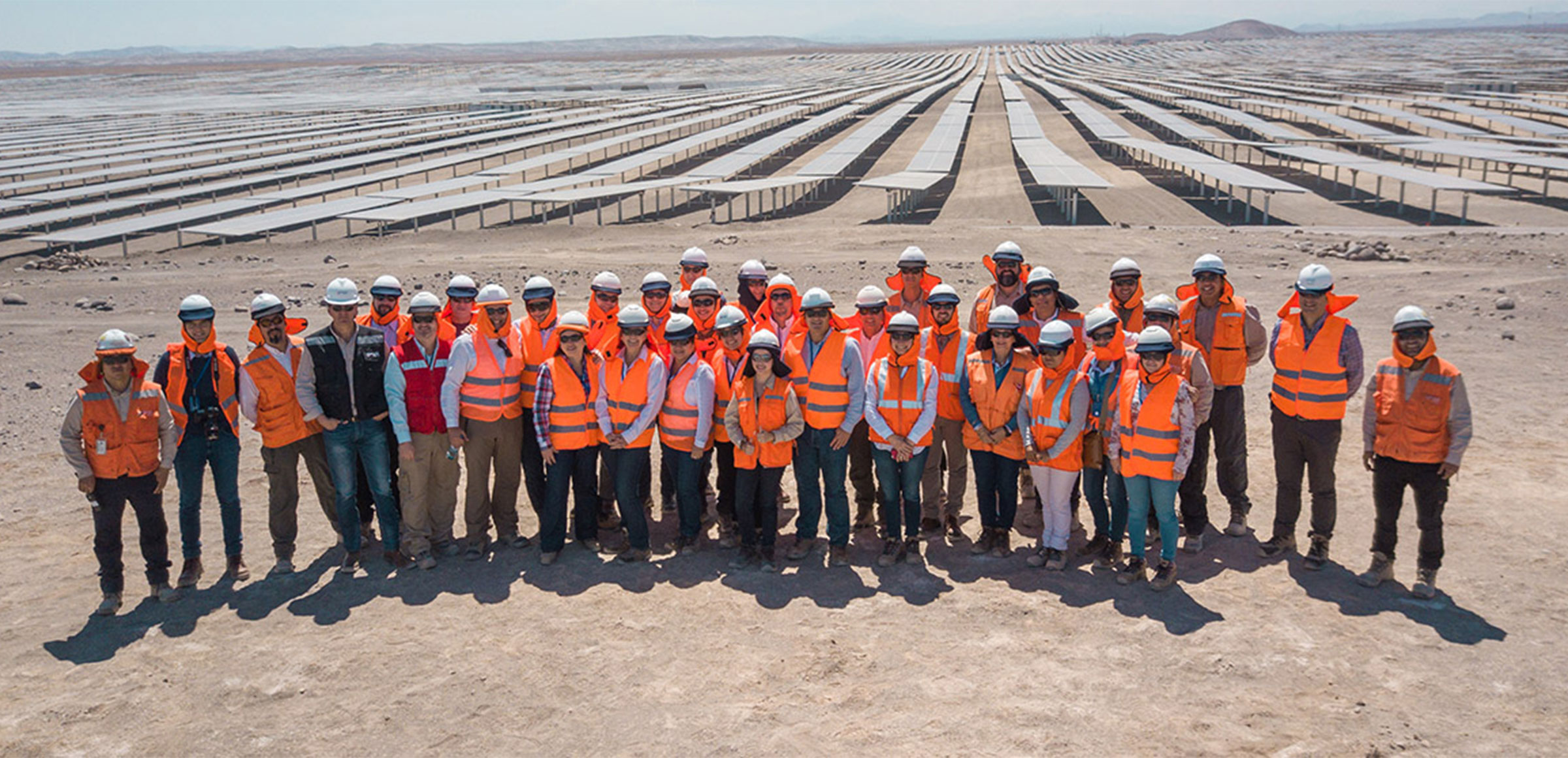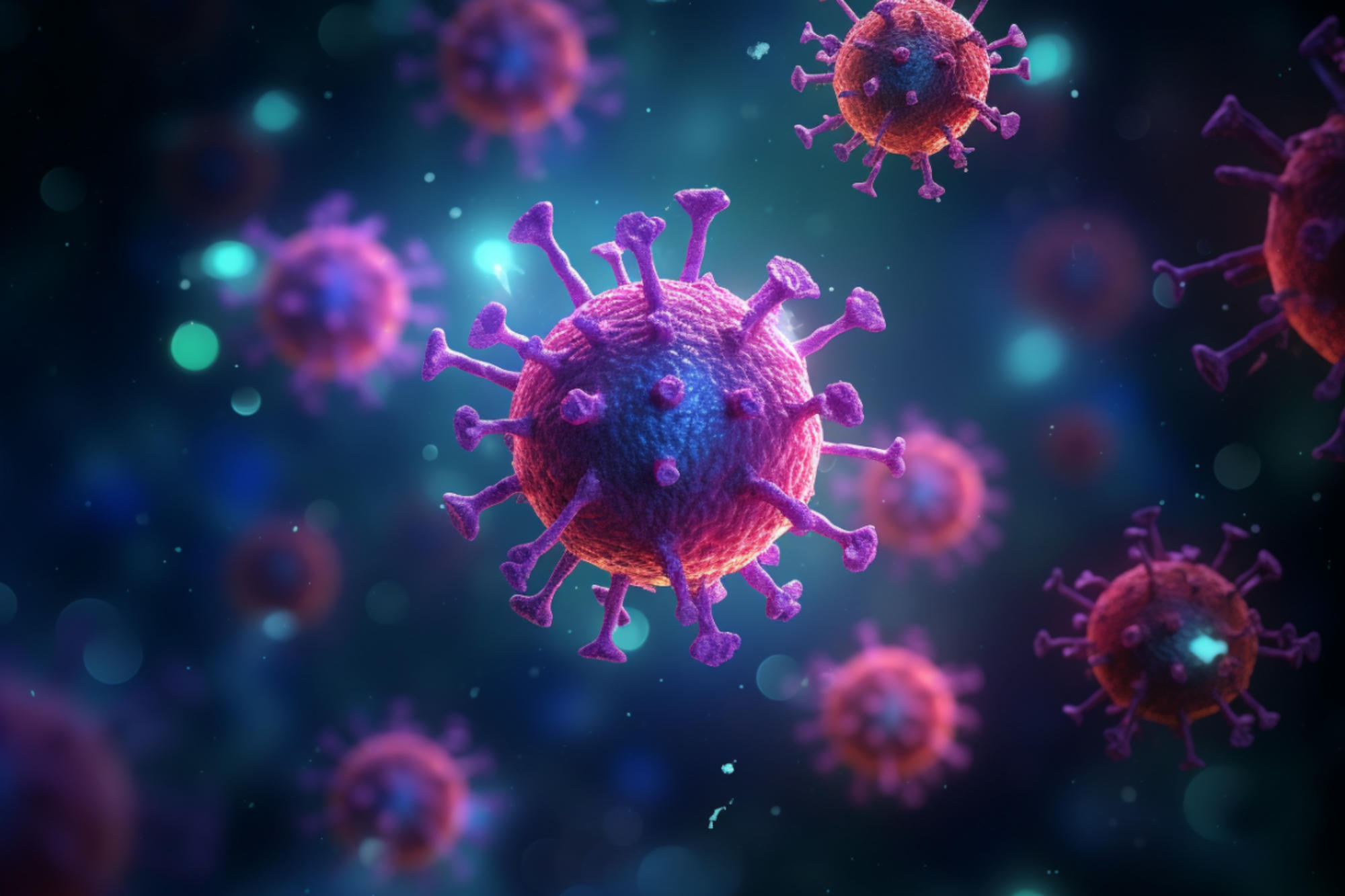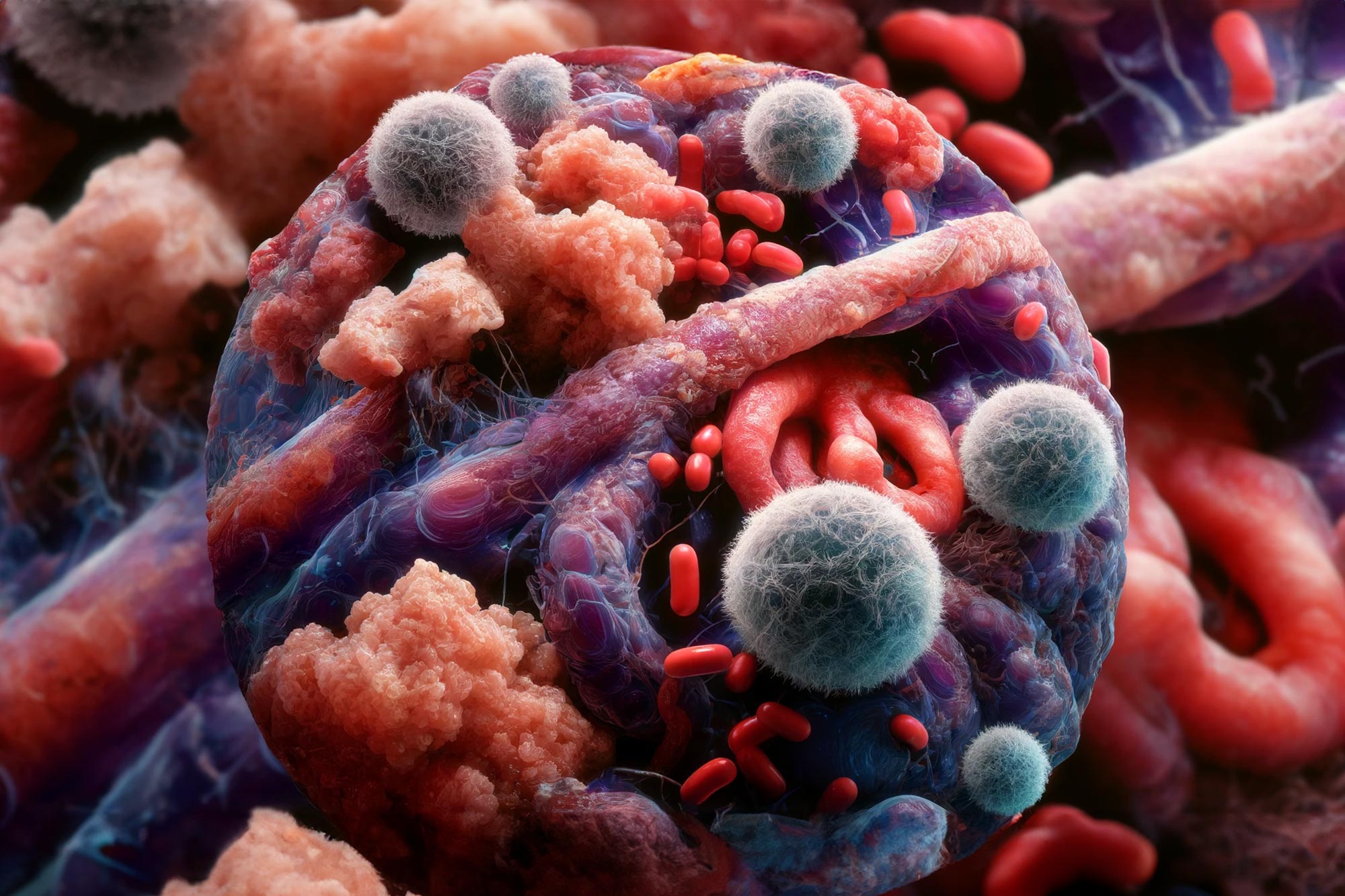Safeguarding Health: Unlocking The Power Of Vaccines
Through analysis and research, we've compiled this comprehensive guide to help you understand the significance of vaccines and the role they play in promoting public health.
| Feature | Description |
|---|---|
| Purpose | Prevent or control infectious diseases |
| Composition | Contain antigens or weakened forms of pathogens |
| Mechanism | Stimulates the immune system to produce antibodies and immunity |
| Benefits | Protect individuals and communities from illness, disability, and death |
| Topic | Details |
|---|---|
| History of Vaccines | Evolution and development of vaccines |
| Types of Vaccines | Different vaccine categories and their mechanisms |
| Vaccine Efficacy and Safety | Scientific evidence supporting vaccine effectiveness and safety |
| Vaccine Hesitancy and Misinformation | Addressing concerns and dispelling myths |
| Vaccination Programs | Global and national initiatives promoting vaccination |
| Conclusion | Reinforce the importance of vaccines in safeguarding health and call to action |
FAQ
The following are frequently asked questions concerning the importance of vaccines in safeguarding health.

EGP’s Daily Commitment to Safeguarding Health and Safety at Work | Enel - Source www.enelgreenpower.com
Question 1: Are vaccines truly effective?
Yes, vaccines have been extensively tested and proven to be highly effective in preventing or reducing the severity of various infectious diseases.
Question 2: Do vaccines have harmful side effects?
Vaccines may cause mild and temporary side effects, such as soreness at the injection site or low-grade fever. These side effects are typically minor and outweighed by the benefits of protection against serious diseases.
Question 3: Is it better to let children get sick naturally to build immunity?
Natural infection with certain diseases can lead to serious complications or even death. Vaccines provide a safe and effective way to develop immunity without the risks associated with the actual disease.
Question 4: Do vaccines contain harmful ingredients?
Vaccines contain ingredients necessary for their effectiveness and safety, such as antigens, adjuvants, and preservatives. These ingredients have been thoroughly tested and are used in carefully controlled amounts to minimize any potential risks.
Question 5: Can vaccines cause autism?
Numerous extensive studies have found no link between vaccines and autism. This misconception stems from a fraudulent study that has been retracted and discredited.
Question 6: Are vaccines necessary for adults?
Yes, certain vaccines, such as the flu shot and the tetanus booster, are recommended for adults to maintain immunity and protect against preventable diseases throughout life.
Vaccines are a vital tool for safeguarding health. They have saved countless lives and continue to protect individuals and communities from deadly diseases. Trusting in the scientific evidence and getting vaccinated is crucial for ensuring a healthy future.
Moving forward: Understanding the Benefits of Early Vaccination
Tips
Vaccines have proven to be remarkably effective in preventing and controlling a wide range of infectious diseases. By understanding the significance of vaccination and adhering to recommended vaccination schedules, individuals can contribute significantly to safeguarding their health and the health of their communities. Here are some essential tips to keep in mind:
Tip 1: Understand the Importance of Vaccination
Vaccines work by introducing a weakened or inactivated form of a pathogen into the body, triggering the immune system to develop antibodies and protection without causing the actual disease. This process helps protect individuals from future exposure to the pathogen and reduces the severity and spread of infectious diseases.
Tip 2: Follow Recommended Vaccination Schedules
Medical experts have established comprehensive vaccination schedules that outline the recommended age and frequency for each vaccine. Adhering to these schedules ensures timely protection against vaccine-preventable diseases and provides the strongest immunity.
Tip 3: Get Vaccinated Even if You've Had the Disease
While natural infection can provide some immunity, vaccination offers a more consistent and reliable level of protection. Vaccines can enhance immunity and prevent reinfection, especially for diseases that can cause severe complications.
Tip 4: Maintain Vaccination Records
Keep accurate records of your vaccinations, including the type of vaccine, date administered, and any reactions experienced. These records are essential for tracking your immunization status and ensuring you receive the necessary booster doses.
Tip 5: Educate Yourself and Others
Stay informed about the latest vaccine recommendations and share accurate information with others. Encourage family, friends, and community members to get vaccinated and dispel any myths or misconceptions surrounding vaccines.
Tip 6: Support Research and Development
Ongoing research and development are crucial for the advancement of vaccine technology. By supporting research organizations, individuals can contribute to the discovery and improvement of vaccines to combat emerging and existing infectious diseases.
Tip 7: Practice Good Hygiene and Infection Control
Vaccination is a powerful tool, but it does not eliminate the need for good hygiene practices like handwashing, covering coughs and sneezes, and staying home when sick. These measures complement vaccination efforts and further reduce the risk of infection.
By embracing these tips, individuals can harness the power of vaccines to protect their health, contribute to herd immunity, and create a healthier future for all.
Vaccines are a cornerstone of modern medicine and have played a vital role in reducing the burden of infectious diseases worldwide. By understanding their importance, following recommended schedules, and promoting vaccination awareness, we can safeguard health, prevent outbreaks, and ensure the well-being of present and future generations. Stay informed, stay vaccinated, and join the movement towards a healthier, more resilient society Safeguarding Health: Unlocking The Power Of Vaccines.
Safeguarding Health: Unlocking The Power Of Vaccines
Safeguarding health through vaccines unlocks the power to prevent and control infectious diseases. Vaccines work by stimulating the immune system to recognize and fight off specific pathogens.
- Prevention: Vaccines prevent the onset of diseases by creating immunity.
- Control: Vaccines aid in controlling the spread of diseases by reducing transmission rates.
- Herd Immunity: Vaccines contribute to herd immunity, protecting vulnerable populations.
- Public Health: Vaccines safeguard public health by controlling outbreaks and epidemics.
- Economic Impact: Vaccines reduce healthcare costs associated with treating preventable diseases.
- Innovation: Ongoing research leads to the development of new and improved vaccines.
The key aspects of vaccines' power lie in their ability to prevent illnesses, protect vulnerable individuals, and contribute to public health. They have greatly reduced the burden of infectious diseases, leading to longer, healthier lives. Ongoing innovation ensures that vaccines remain a vital tool in the fight against global health threats.

Unlocking the Secrets of COVID-19: Why Some Populations Are Hit Harder - Source scitechdaily.com
Safeguarding Health: Unlocking The Power Of Vaccines
Vaccines are an essential part of safeguarding health worldwide. They have eradicated or controlled some of the most devastating diseases in human history, such as smallpox, polio, and measles. Vaccines work by introducing a weakened or inactivated form of a pathogen into the body, which allows the immune system to develop antibodies against it without causing the actual disease. This protection can last for years or even decades, and it can prevent serious illness, disability, and even death.

Unlocking the Mysteries of Bacteria in Cancer Metastasis - Source scitechdaily.com
The development and distribution of vaccines have had a profound impact on global health. In the early 1900s, life expectancy was only around 50 years old, and many children died from infectious diseases. Today, thanks to vaccines, life expectancy has increased to over 70 years old, and many childhood diseases have been virtually eliminated.
Despite the clear benefits of vaccines, there is still some vaccine hesitancy among the public. Some people worry about the safety of vaccines, while others believe that they are not necessary. However, there is no scientific evidence to support these concerns. Vaccines are safe and effective, and they are one of the most important tools we have for safeguarding health.
The benefits of vaccines far outweigh the risks. According to the World Health Organization (WHO), vaccines prevent an estimated 2-3 million deaths each year. Vaccines are safe and effective, and they are one of the most important tools we have for safeguarding health.
| Disease | Vaccine | Year of Introduction | Impact |
|---|---|---|---|
| Smallpox | Smallpox vaccine | 1796 | Eradicated |
| Polio | Polio vaccine | 1955 | Nearly eradicated |
| Measles | Measles vaccine | 1963 | Significantly reduced |
| Tetanus | Tetanus vaccine | 1924 | Significantly reduced |
| Whooping cough | Whooping cough vaccine | 1940 | Significantly reduced |
Conclusion
Vaccines have played a major role in safeguarding health worldwide. They have helped to eradicate or control some of the most devastating diseases in human history, and they continue to save lives every day. Vaccines are safe and effective, and they are one of the most important tools we have for protecting our health.
It is important to remember that vaccines are not just for children. Adults also need to get vaccinated to stay protected from serious diseases. Talk to your doctor about which vaccines you need and when you should get them.
Sisilia: Unveiling The Enchanting Beauty Of Sicily, Coca-Cola: Beyond Refreshment, Exploring Strategic Partnerships For Profitable Growth, Upcoming Al Ahly FC Matches: Fixtures, Dates, And Preview, Tragic Plane Crash In Washington D.C.: Details And Aftermath, 2025 Rolex 24 At Daytona: Unparalleled Endurance Racing Spectacle, Discover Dejvická Nádražka: Prague's Charming District For History, Culture, And Nightlife, Discover The Enchanting Cape Verde Islands: A Gateway To Egypt, Srna: A Powerful Micronutrient For Optimal Health, The Ultimate Guide To Creating A High-Converting Ecommerce Product Page, Chilean Peso Exchange Rates And Financial Insights,